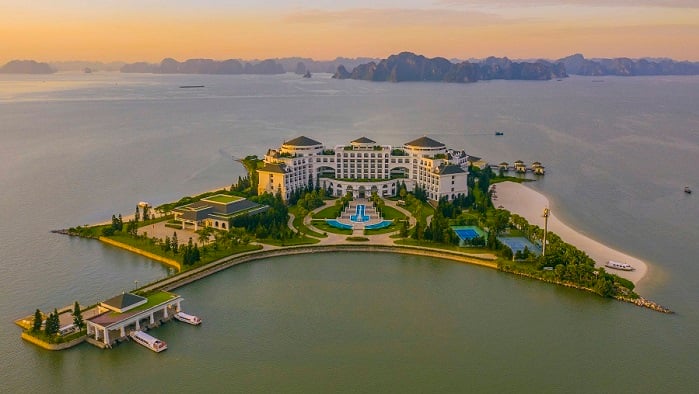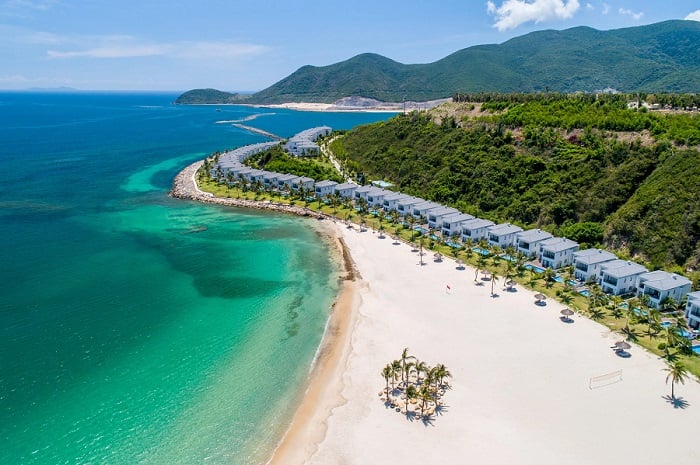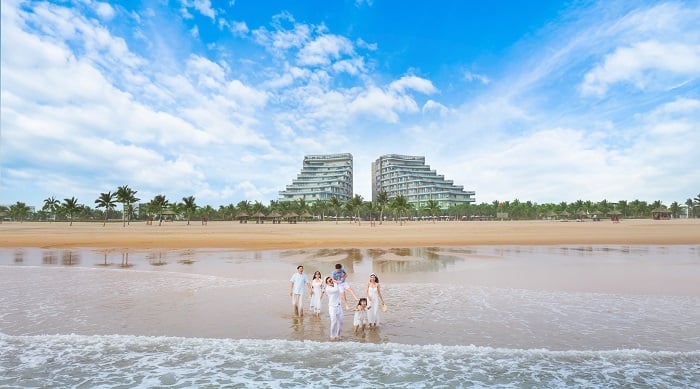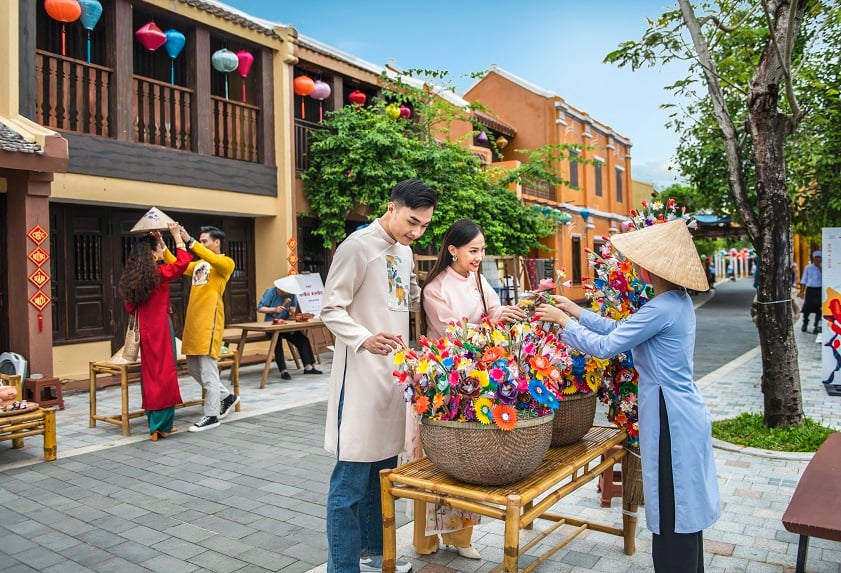
Nestled in the picturesque landscapes of Southeast Asia, Vietnam is a cultural gem, offering a captivating blend of ancient customs and contemporary influences. In this article, we will discover the enchanting realm of traditional Vietnamese culture, where the essence of Vietnam's rich heritage awaits every intrepid soul seeking an unforgettable Vietnam travel experience.
1. Notable aspects of traditional Vietnamese culture
Traditional Vietnamese culture is a rich tapestry of customs and practices that have been preserved and cherished for generations. Rooted in the country's history, mythology, and religious beliefs, these aspects form the backbone of Vietnamese identity and continue to shape the nation's way of life.
1.1. Traditional Vietnamese food
Vietnamese food is renowned worldwide for its flavorful and diverse dishes. Characterized by the use of fresh herbs and vegetables and a delicate balance of sweet, sour, salty, and spicy flavors, Vietnamese cuisine is a celebration of local ingredients and culinary artistry. Each region in Vietnam has its own specialty dishes, contributing to the country's rich gastronomic heritage. Whether savoring street food in bustling markets or indulging in a feast at a traditional Vietnamese restaurant, the array of tastes and textures in Vietnamese food offers an unforgettable and mouth-watering experience for food enthusiasts from around the world.
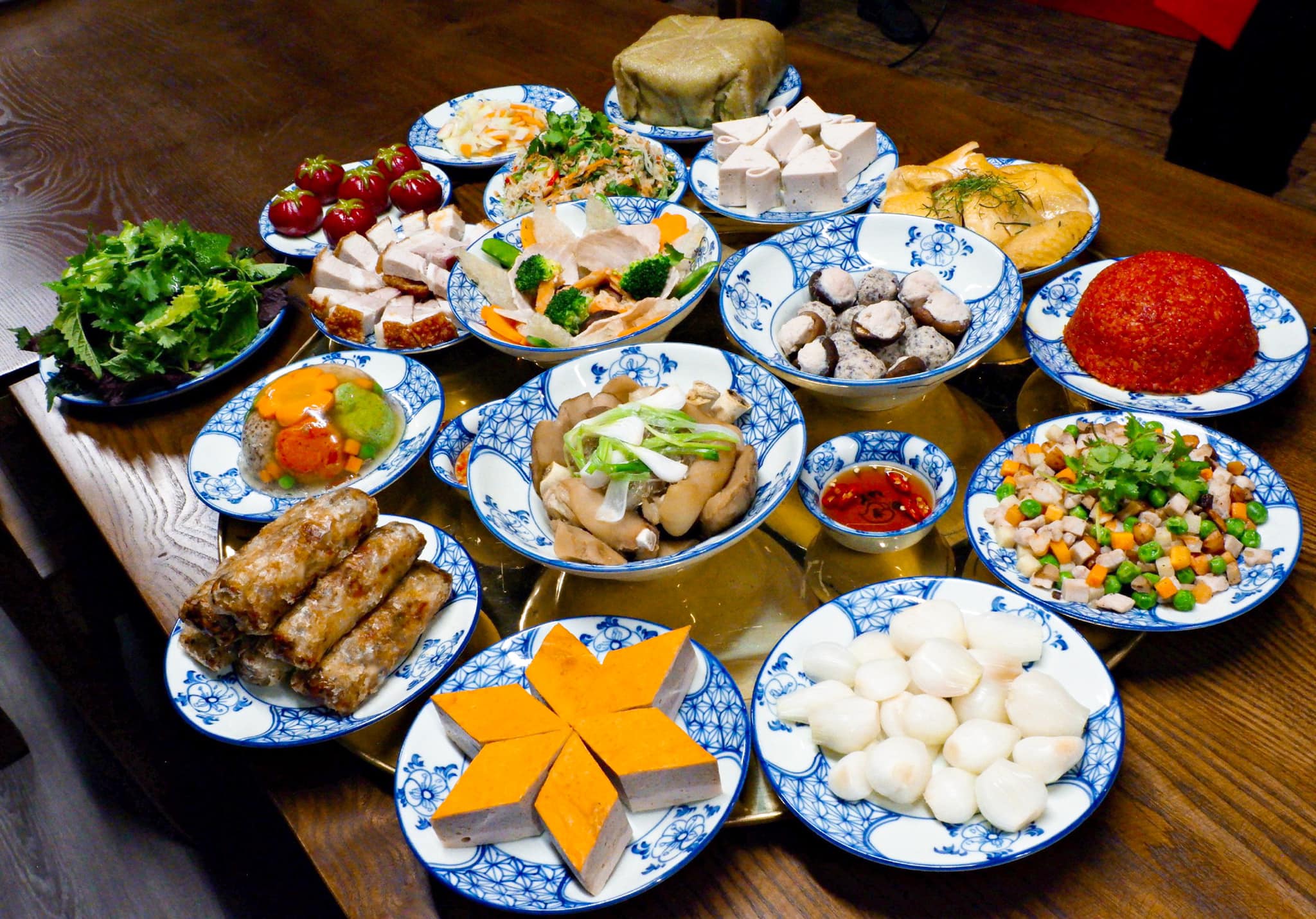
1.2. Traditional Vietnamese festivals
Traditional Vietnamese festivals are vibrant celebrations deeply rooted in the country's rich cultural heritage and ancient customs. These festivities offer a fascinating glimpse into Vietnam's history, spiritual beliefs, and agricultural traditions. Among the most significant is Tet Nguyen Dan, the Lunar New Year, Hung Kings' Temple Festival, a momentous occasion for family reunions, feasting, and paying respects to ancestors. Traditional Vietnamese festivals are a window into the nation's soul, showcasing the unity of communities, the joy of cultural expression, and the time-honored values that continue to thrive throughout generations.
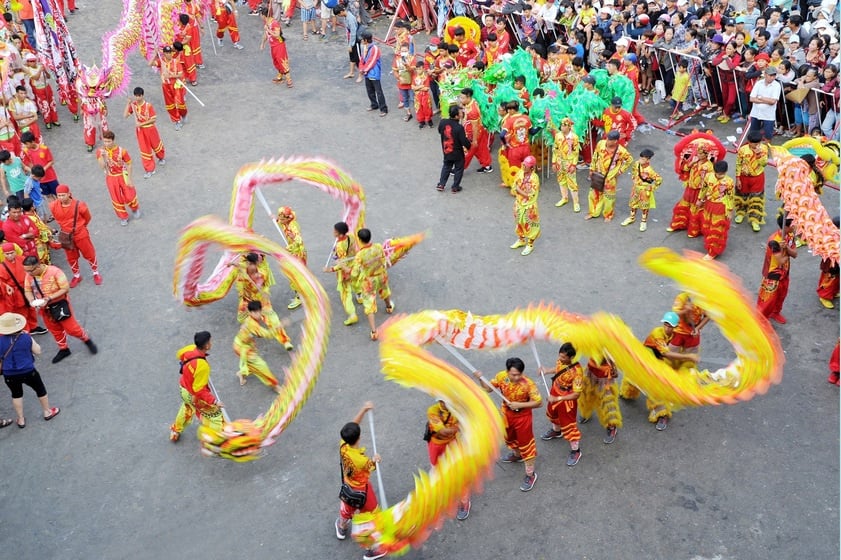
1.3. Beliefs and religions in Vietnam
Beliefs and religions in Vietnam form a colorful tapestry of spiritual practices that have shaped the country's cultural identity. Buddhism, with its profound influence, holds a prominent place as the largest religion in Vietnam. Alongside Buddhism, Taoism and Confucianism have also left their indelible mark, shaping societal values and moral codes. Vietnam also embraces Christianity, especially Catholicism, brought by Western missionaries. Traditional folk beliefs, rooted in animism and ancestor worship, coexist with these organized religions, adding a unique spiritual dimension to daily life.
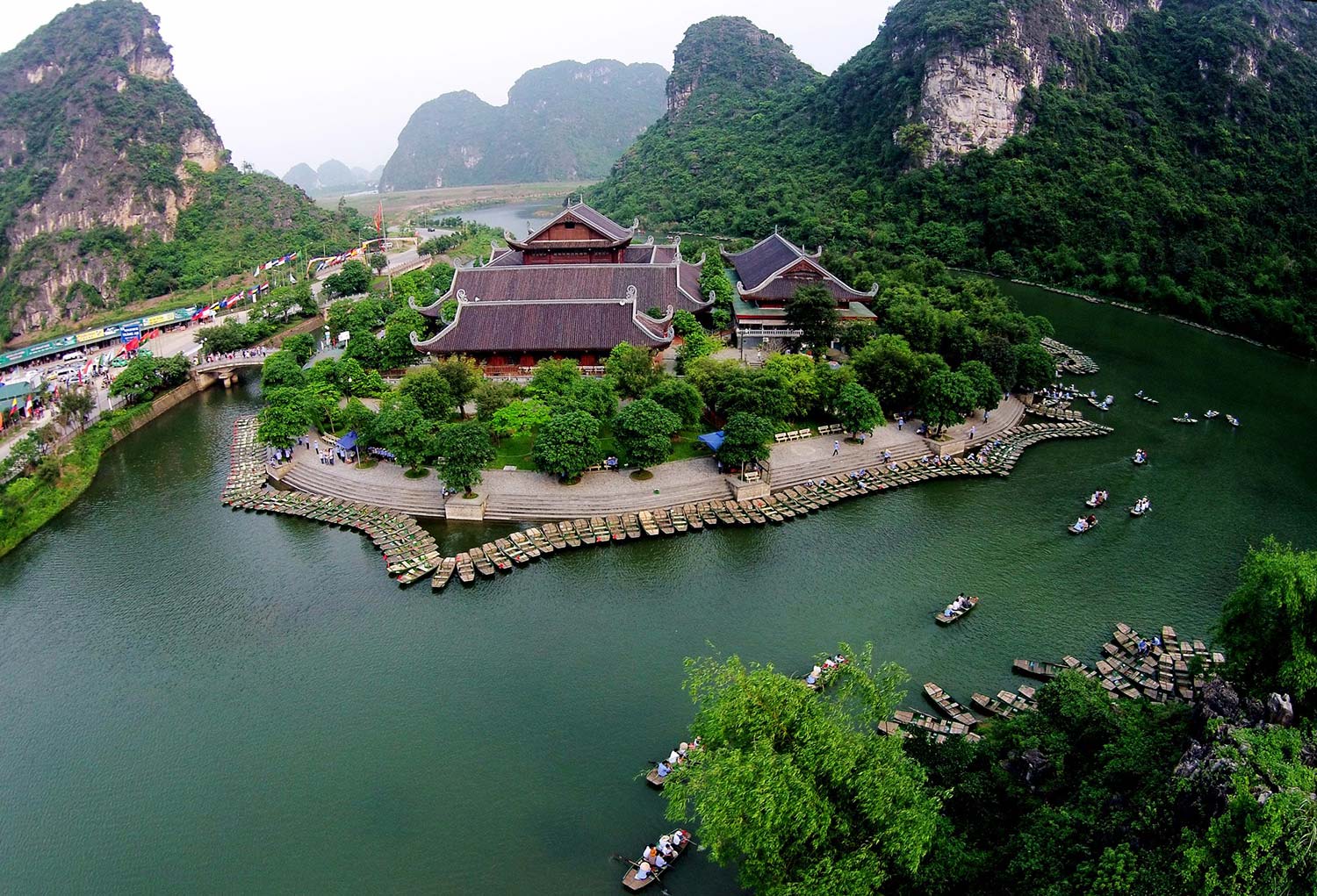
1.4. Traditional Vietnamese costumes
Vietnam's traditional clothing is a splendid reflection of the country's diverse cultural tapestry. While the elegant “ao dai” remains the epitome of Vietnamese attire, the nation's ethnic groups contribute a captivating array of traditional costumes, each an embodiment of their unique heritage. Each costume serves as a visual language, conveying a rich history, customs, and beliefs unique to its wearers. These traditional attires are cherished and worn during cultural festivals, ceremonies, and everyday life, acting as a living link between generations and preserving the authenticity of Vietnam's diverse cultural heritage.
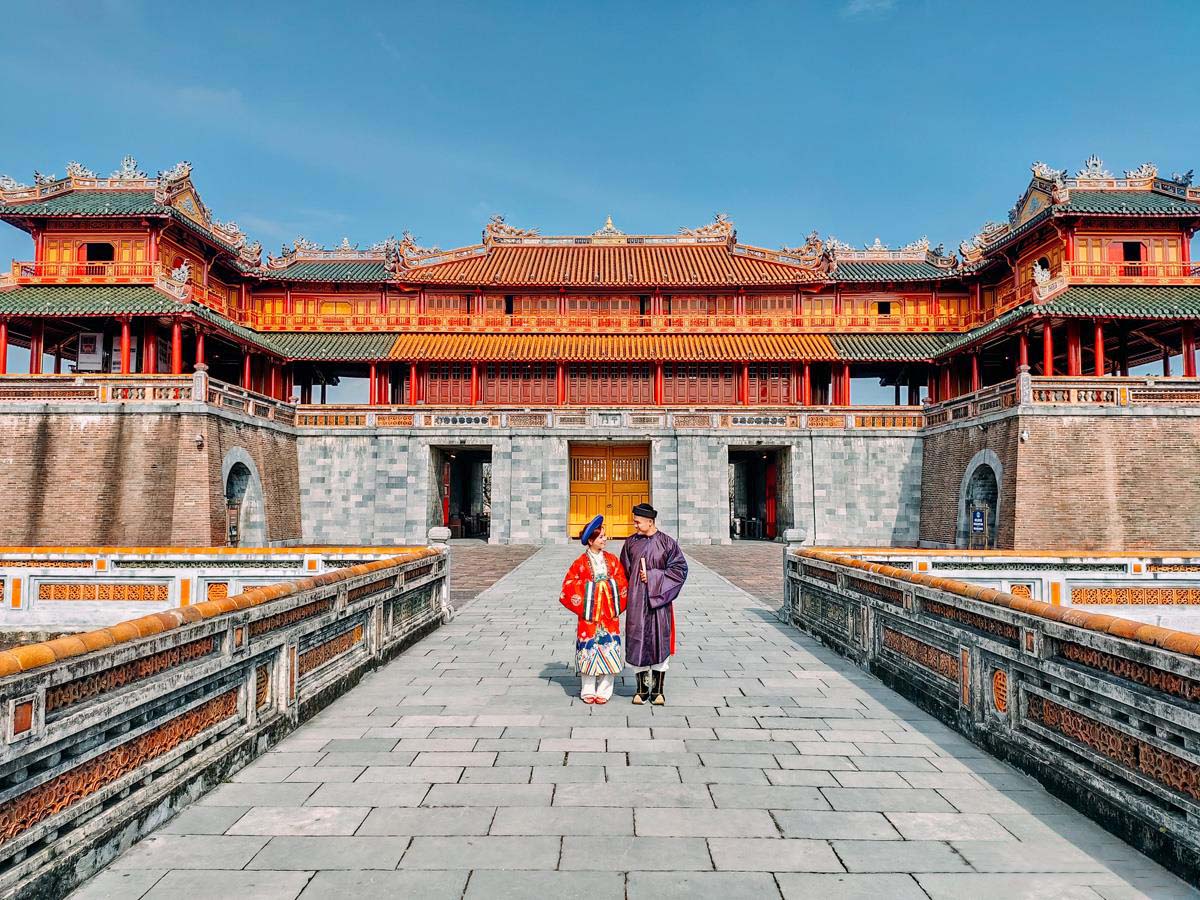
1.5. Traditional Vietnamese performing arts
Traditional Vietnamese performing arts encompass a captivating array of cultural expressions, embodying the nation's rich history and artistic finesse. Among the most iconic forms is water puppetry, a centuries-old art where skillful puppeteers manipulate wooden figurines on water, accompanied by traditional music and vocals. This mesmerizing spectacle brings ancient legends and folktales to life, showcasing Vietnam's deep-rooted storytelling traditions. Preserving these time-honored performing arts is a testament to Vietnam's pride in its cultural legacy and its commitment to passing down these artistic treasures to future generations.
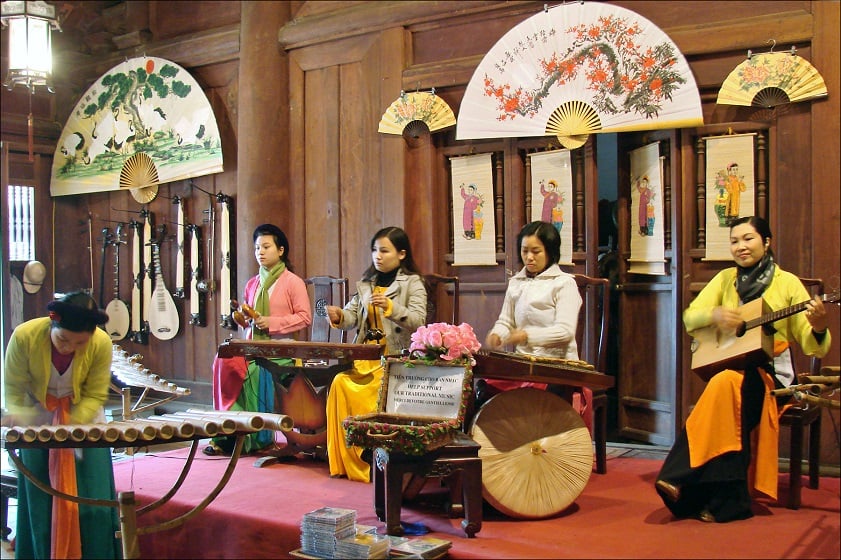
1.6. Traditional Vietnamese literature
Traditional Vietnamese literature is a rich and diverse tapestry of literary works that have shaped the cultural identity of the nation. Spanning from ancient times to the present day, these literary treasures encompass a wide range of genres, including poetry, folktales, historical narratives, and philosophical writings. One of the most esteemed works is "Truyen Kieu" (The Tale of Kieu), penned by the renowned poet Nguyen Du in the 19th century. Additionally, traditional Vietnamese literature often incorporates Confucian values and Buddhist influences, reflecting the deep spiritual and philosophical traditions that have shaped traditional Vietnamese culture over the centuries.

1.7. Traditional Vietnamese architecture
Traditional Vietnamese architecture is a testament to the country's rich cultural heritage and ingenuity in adapting to its diverse landscapes and climates. Rooted in centuries-old practices, Vietnamese architecture is characterized by its harmonious integration with nature and reverence for spiritual beliefs. Additionally, pagodas, temples, and communal houses showcase the exquisite craftsmanship and intricate details of Vietnamese architecture, reflecting the nation's spiritual devotion and artistic finesse.
The most renowned architectural masterpiece is the Imperial City of Hue, a UNESCO World Heritage Site, known for its majestic citadel, imperial tombs, and ornate palaces. It represents the architectural brilliance of Vietnam's feudal past.
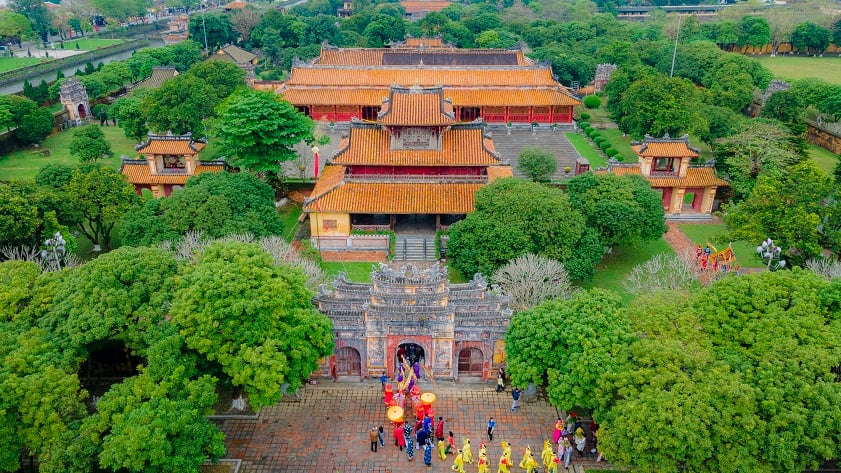
1.8. Traditional Vietnamese fine-art handicrafts
Traditional Vietnamese fine-art handicrafts are a testament to the country's artistic prowess and cultural heritage. These exquisite creations, such as silk weaving, lacquerware, bamboo and rattan craftwork, and ceramic art, exemplify the meticulous craftsmanship and creativity of Vietnamese artisans. Traditional Vietnamese fine-art handicrafts not only serve as functional objects but also embody cultural symbolism and artistic expression, reflecting the nation's deep appreciation for creativity and craftsmanship. These timeless creations continue to be cherished and passed down through generations, preserving the soul of Vietnam's fine-art heritage.

1.9. Time-honored values, traditions and customs of Vietnam
Time-honored values, traditions, and customs form the bedrock of Vietnamese society, carrying a profound significance that continues to shape the nation's identity and way of life. One of the most cherished values is the deep respect for family and community, with filial piety being a guiding principle that emphasizes care and support for the elders. Ancestor worship is another enduring tradition. Festivals and rituals, deeply intertwined with agricultural practices and religious beliefs, celebrate communal unity and provide an opportunity for families to come together in celebration. Traditional customs, such as bowing to show respect and presenting gifts as gestures of goodwill, underscore the importance of courtesy and politeness.
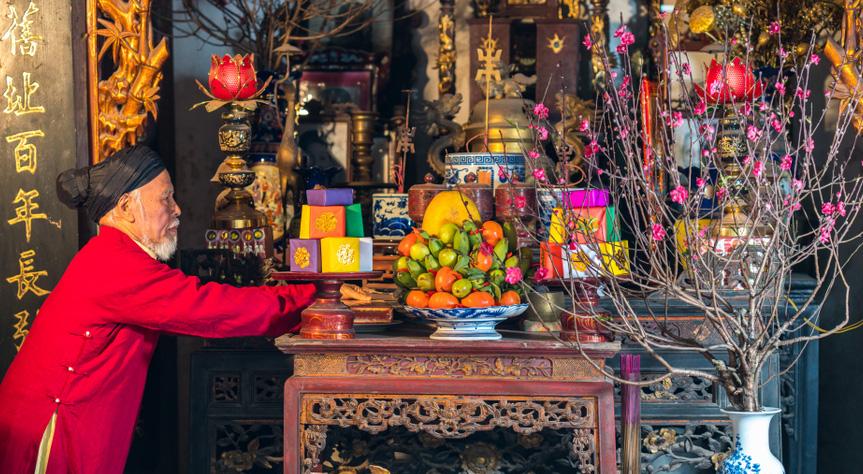
>>> Read more: Heritage Travel: The best type of travel for culture & history lovers
2. Best places to learn about traditional Vietnamese culture
Vietnam offers a plethora of fascinating destinations to immerse yourself in traditional Vietnamese culture and gain a deeper understanding of the nation's heritage. Here are some of the best places to embark on this enriching journey:
Hanoi is a cultural treasure trove with its ancient temples, bustling markets, and preserved old quarters. The Vietnam Museum of Ethnology provides insightful exhibits on the diverse ethnic groups, their customs, and traditional handicrafts. The Thang Long Water Puppet Theatre offers captivating performances of this unique traditional art form.

The former imperial capital of Vietnam, Hue, boasts a rich history and the significance of traditional Vietnamese culture. Explore the majestic Hue Citadel, visit the royal tombs, and witness captivating performances of "Nha Nhac", a UNESCO Intangible Cultural Heritage.
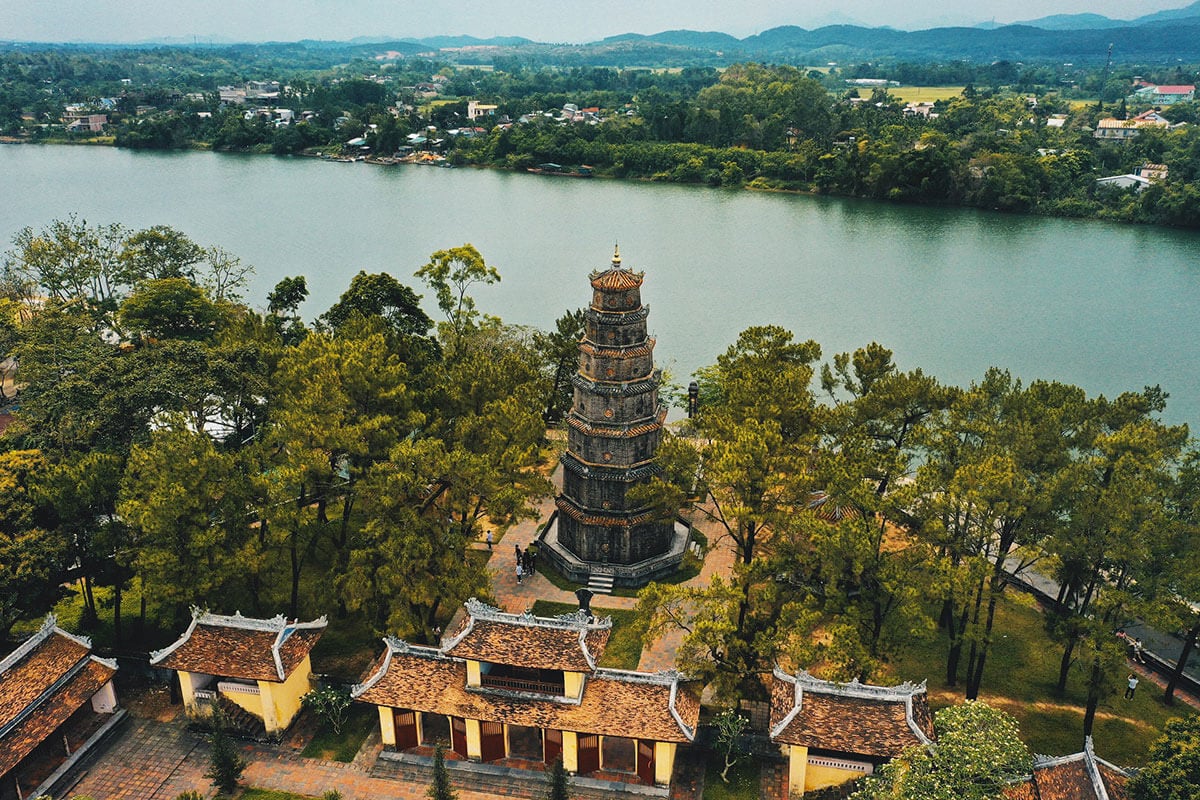
Known for its well-preserved ancient town, Hoi An offers a glimpse into Vietnam's trading past. The town's architecture, street lanterns, and communal houses exude an old-world charm. Visitors can partake in traditional craft workshops and visit the Hoi An Museum to learn more about the town's history.
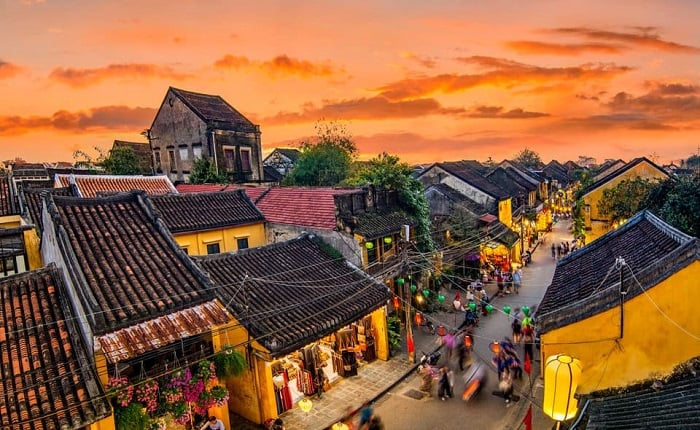
Known as "Halong Bay on Land," Ninh Binh showcases stunning karst landscapes and historical sites like Hoa Lu Ancient Capital, which served as the political and cultural center of Vietnam during the Dinh and early Le dynasties, and Bai Dinh Pagoda, the largest Buddhist complex in Southeast Asia.
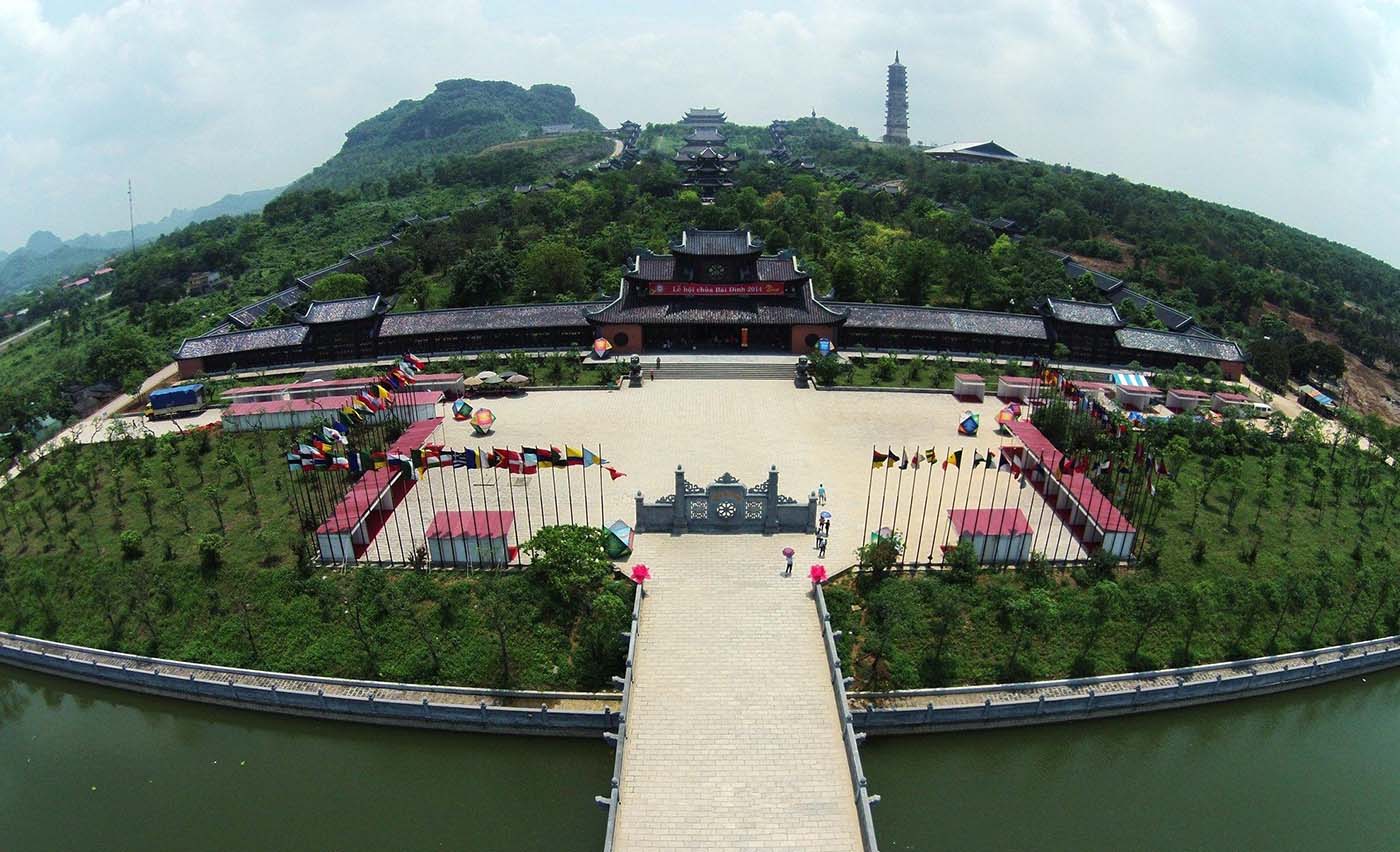
This mountainous province in the far north is a hidden gem for cultural immersion. Its rugged landscapes, hill tribe markets, and traditional festivals provide a unique opportunity to witness the daily lives and customs of ethnic communities.
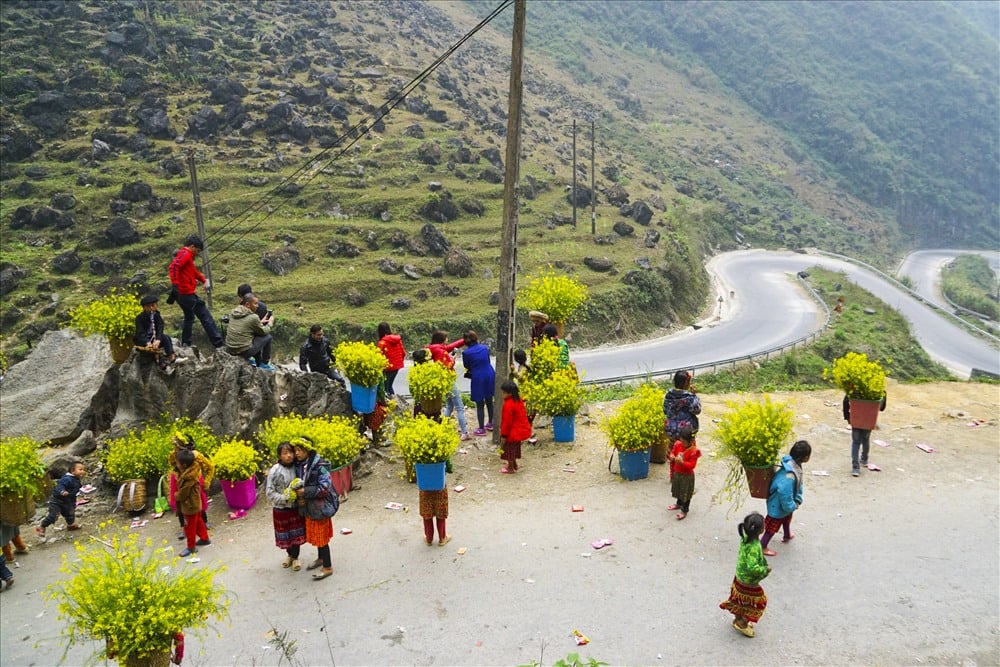
>>> Also read: Best places to visit in Vietnam: TOP 15+ exotic spots not to be skipped
3. Etiquettes in Vietnam that travelers should know
Etiquette in Vietnam plays a significant role in social interactions, and travelers should be aware of certain customs to show respect and cultural sensitivity.
- Greetings: The Vietnamese greet each other with a slight bow or nod. Handshakes are common among younger generations, but avoid initiating physical contact with elders, as a sign of respect.
- Addressing others: Use titles like "Mr." (Anh), "Mrs." (Chi), or "Miss" (Cô) followed by their first name when addressing locals. This shows politeness and respect.
- Removing shoes: It is customary to remove shoes before entering someone's home, temples, pagodas, and certain shops or restaurants. Look for shoes left at the entrance as a cue.
- Dining etiquette: When eating, wait for the eldest or the host to start before beginning your meal. Do not leave chopsticks sticking upright in a bowl, as it resembles incense for the dead. Avoid pointing your chopsticks at others.
- Gift-giving: When offering gifts, use both hands as a sign of respect. Small souvenirs from your home country or local delicacies are thoughtful presents.
- Temple etiquette: When visiting religious sites, dress modestly with covered shoulders and knees. Avoid loud conversations and be mindful of your surroundings.
- Public displays of affection: Affectionate gestures like kissing or hugging in public are not common in traditional Vietnamese culture. It is best to be mindful when displaying romantic affection.
- Bargaining: Bargaining is common in markets and small shops. Approach it with a friendly demeanor and remember that a fair price for both parties is the goal.
- Tipping: Tipping is not customary in Vietnam, but it is becoming more common in tourist areas. If you feel the service was exceptional, a small tip is appreciated.
- Personal space: Vietnamese people generally stand close to each other during conversations. Be mindful of personal space, especially in crowded places.
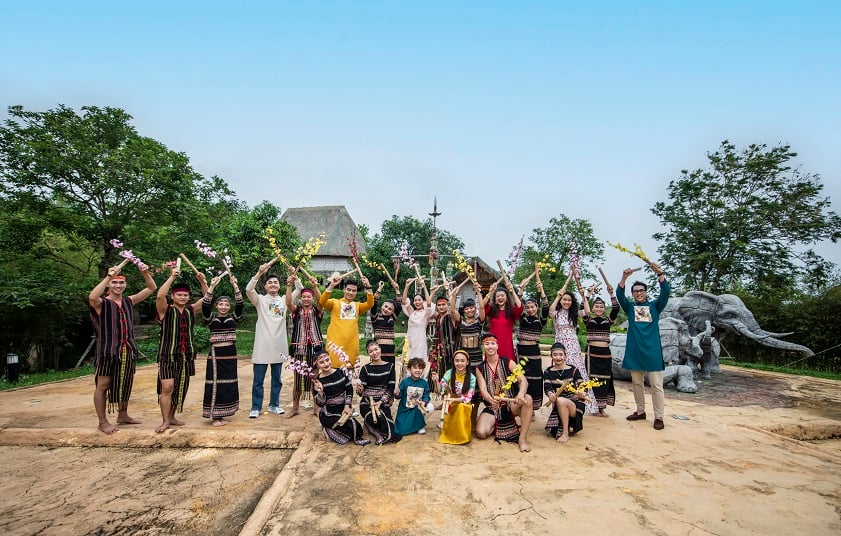
When planning your trip to Vietnam, it is recommended to stay at Vinpearl hotels and resorts for a truly luxurious and unforgettable experience. Vinpearl offers a range of exquisite accommodations in breathtaking locations across the country. Whether you choose Vinpearl Phu Quoc for its stunning beachfront views, Vinpearl Nha Trang for its pristine coastal setting, Vinpearl Hoi An for its cultural charm, or Vinpearl Da Nang for its modern allure, each destination promises world-class amenities and top-notch service.
While you're in Vietnam, make sure to include a visit to VinWonders. With thrilling rides, exciting entertainment shows, and family-friendly attractions, VinWonders offers a fun-filled day for travelers of all ages. Whether you are traveling with loved ones or seeking a dose of excitement, VinWonders is the perfect destination for an adventure-packed day.

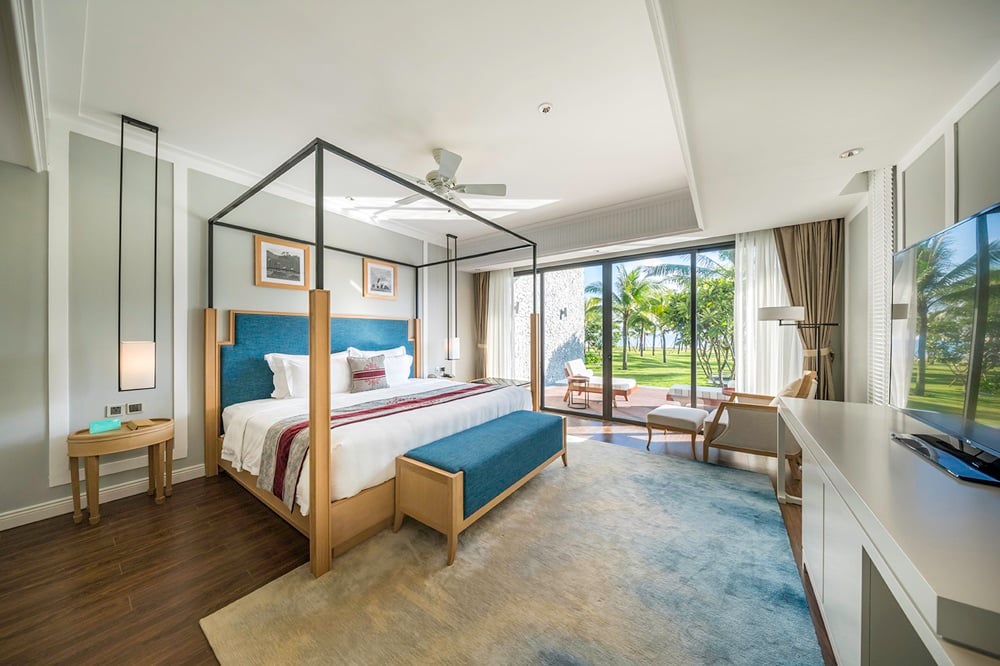
>>> Book rooms in Vinpearl Phu Quoc, Vinpearl Nha Trang, Vinpearl Resort & Golf Nam Hoi An for a luxurious and memorable experience!
Traditional Vietnamese culture is a captivating tapestry of history, customs, and values that continue to thrive in the modern world. For culture travelers seeking an enriching and authentic experience, Vietnam offers a treasure trove of opportunities to immerse themselves in this fascinating heritage. By embracing traditional Vietnamese culture, travelers will not only gain a deeper appreciation for the nation's history and heritage but also form lasting connections with the heart and soul of this enchanting country.
>>> Book voucher, combo, tour to Phu Quoc, Nha Trang, Hoi An, Da Nang to explore traditional Vietnamese culture in these destinations!


